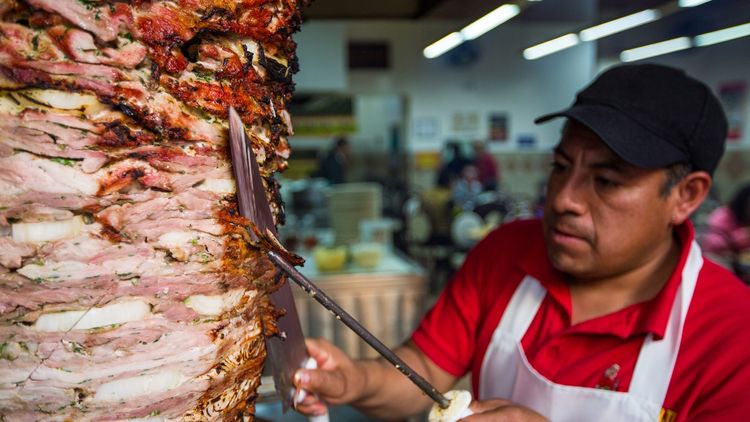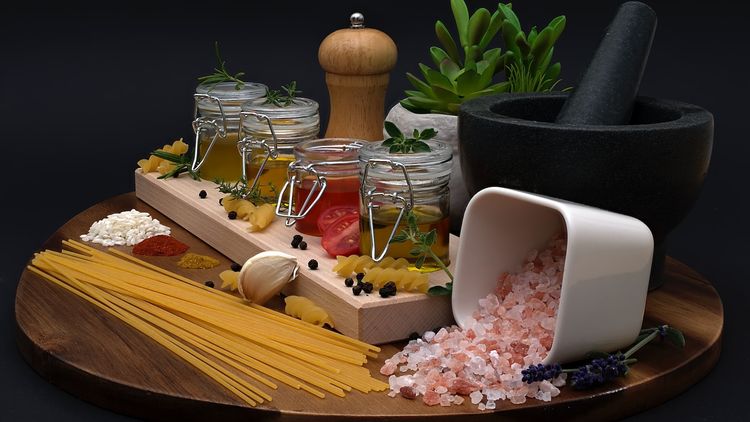The Carnivore Diet and Supplements: A Comprehensive Guide

The carnivore diet, in all its carnivorous glory, is pretty straightforward. You eat meat. That's it. No veggies, no fruits, just good old-fashioned animal products. But with such a restrictive menu, it's natural to wonder if you're missing out on essential nutrients.
The allure of the carnivore diet lies in its simplicity. There's no need to count calories, measure portions, or fret over macronutrient ratios. It's just meat, water, and perhaps a sprinkle of salt. Advocates of the diet claim numerous health benefits, from improved mental clarity to weight loss and even relief from autoimmune conditions. However, critics argue that excluding plant-based foods could lead to potential nutrient deficiencies. It's a debate as heated as a well-seared steak.
Vitamins on the Carnivore Diet: To Take or Not to Take?
The big question on everyone's mind (or at least on the minds of those who've dared to venture into the carnivore territory) is whether supplements are necessary. According to Healthline, while meat is packed with nutrients, certain vitamins and minerals might be in short supply.
For instance, vitamin C, commonly found in fruits and vegetables, is a point of contention. While it's true that meat isn't a rich source of this vitamin, proponents argue that the requirement for vitamin C decreases on a low-carb diet. Then there's the matter of fibre, which is absent in animal products. However, many carnivore dieters report no issues with digestion, suggesting that fibre might not be as essential as once believed. The bottom line? It's murky territory, with arguments on both sides of the fence.
Multivitamins: The Jack of All Trades
Multivitamins promise a bit of everything. A sprinkle of vitamin C here, a dash of vitamin D there.
But do you need them on a carnivore diet?
Dr. Shawn Baker, a staunch advocate of the carnivore lifestyle, suggests that while some might benefit from supplements, many can thrive without them. It's all about listening to your body and understanding its needs.
Multivitamins are like an insurance policy, ensuring you get a bit of everything. But there's a catch. Not all multivitamins are created equal, and the quality can vary significantly. Moreover, the body absorbs nutrients from food more efficiently than from supplements.
So, while a multivitamin might offer a safety net, it shouldn't be relied upon exclusively. It's essential to source high-quality meats, organ meats, and fish to ensure a broad spectrum of nutrients.
The Verdict
In the grand scheme of things, whether or not to take supplements on the carnivore diet boils down to individual needs. Some might need a boost in certain areas, while others might be just fine without any additional help. But one thing's for sure, always consult with a healthcare professional before making any drastic changes.
It's worth noting that the carnivore diet is still relatively new in the realm of nutritional science. Long-term studies on its effects are sparse, and much of the evidence is anecdotal.
As with any diet, it's crucial to approach it with an open mind, be observant of how your body reacts, and be willing to make adjustments as needed. After all, nutrition is a highly individual journey, and what works for one might not work for another.
Closing Thoughts
The carnivore diet, like any other diet, has its pros and cons. While it might work wonders for some, it might not be everyone's cup of tea (or should I say, mug of beef broth?). But if you're considering giving it a go, arm yourself with knowledge, listen to your body, and for heaven's sake, don't forget to enjoy the journey!
In the end, diets are merely tools in our quest for optimal health. Whether you're a carnivore, vegan, paleo enthusiast, or somewhere in between, the key is to find what resonates with your body and lifestyle. And remember, amidst the debates and dietary dogmas, the goal is to nourish our bodies, enjoy our food, and live our best lives.



